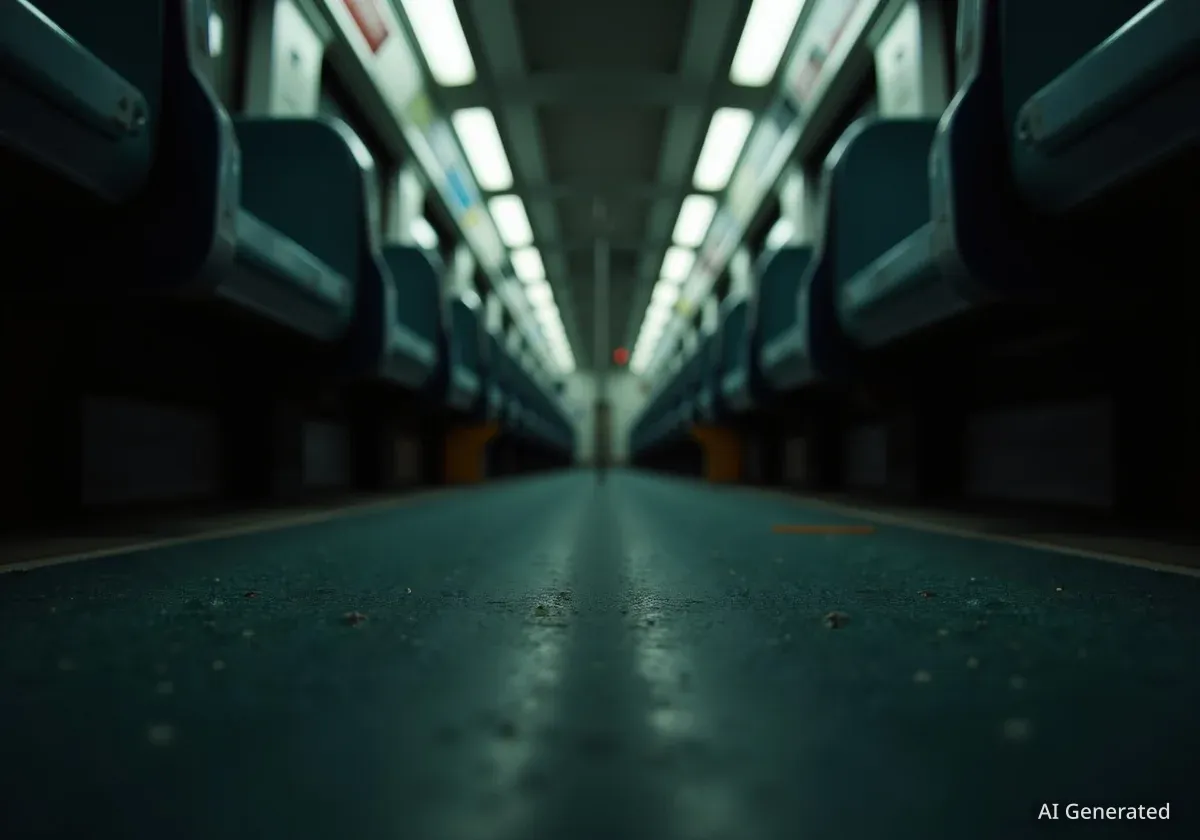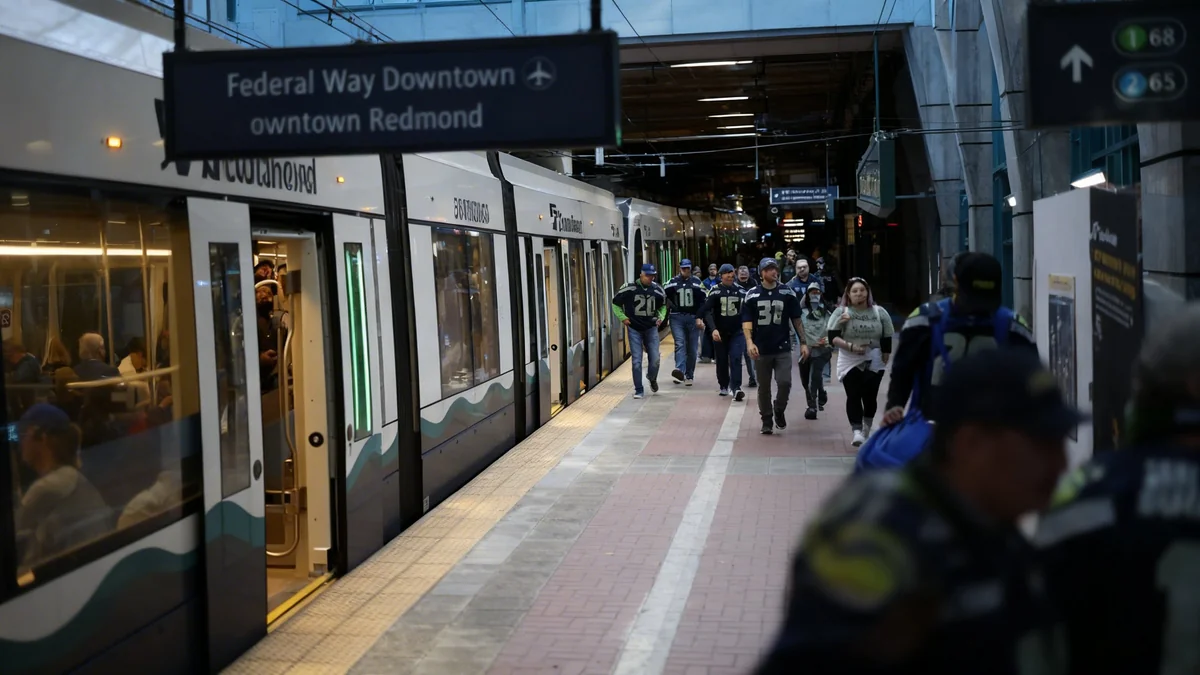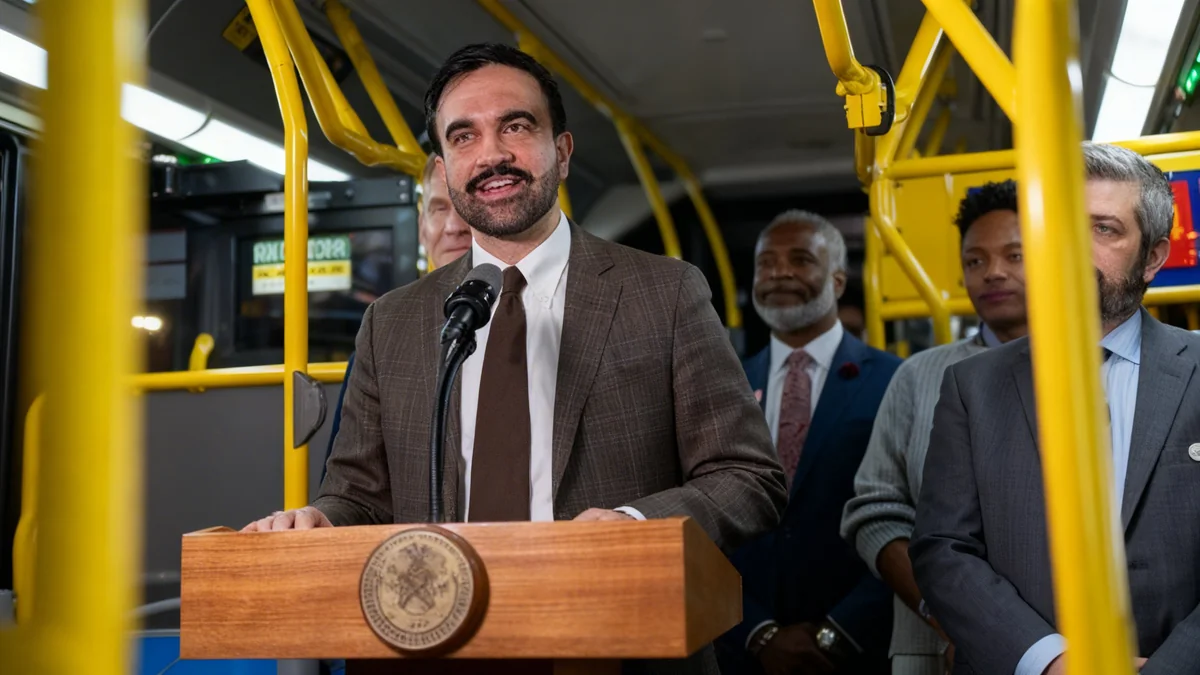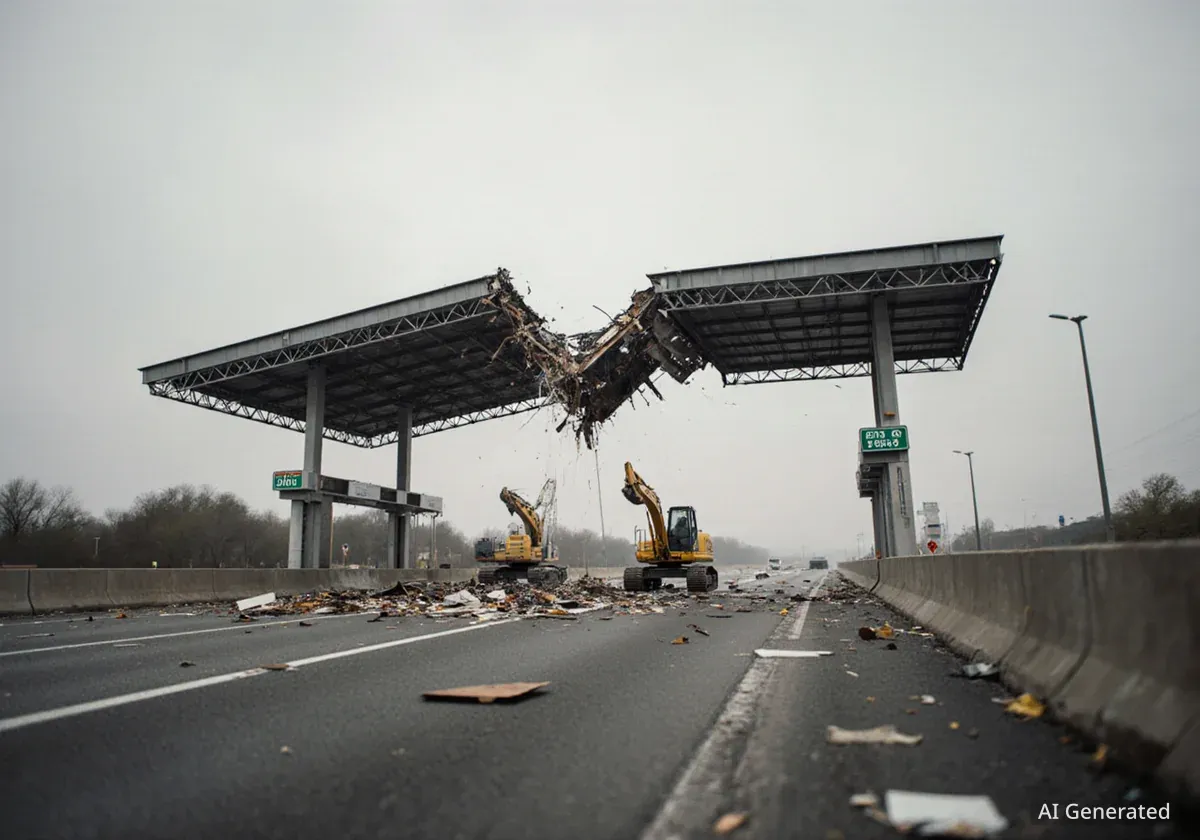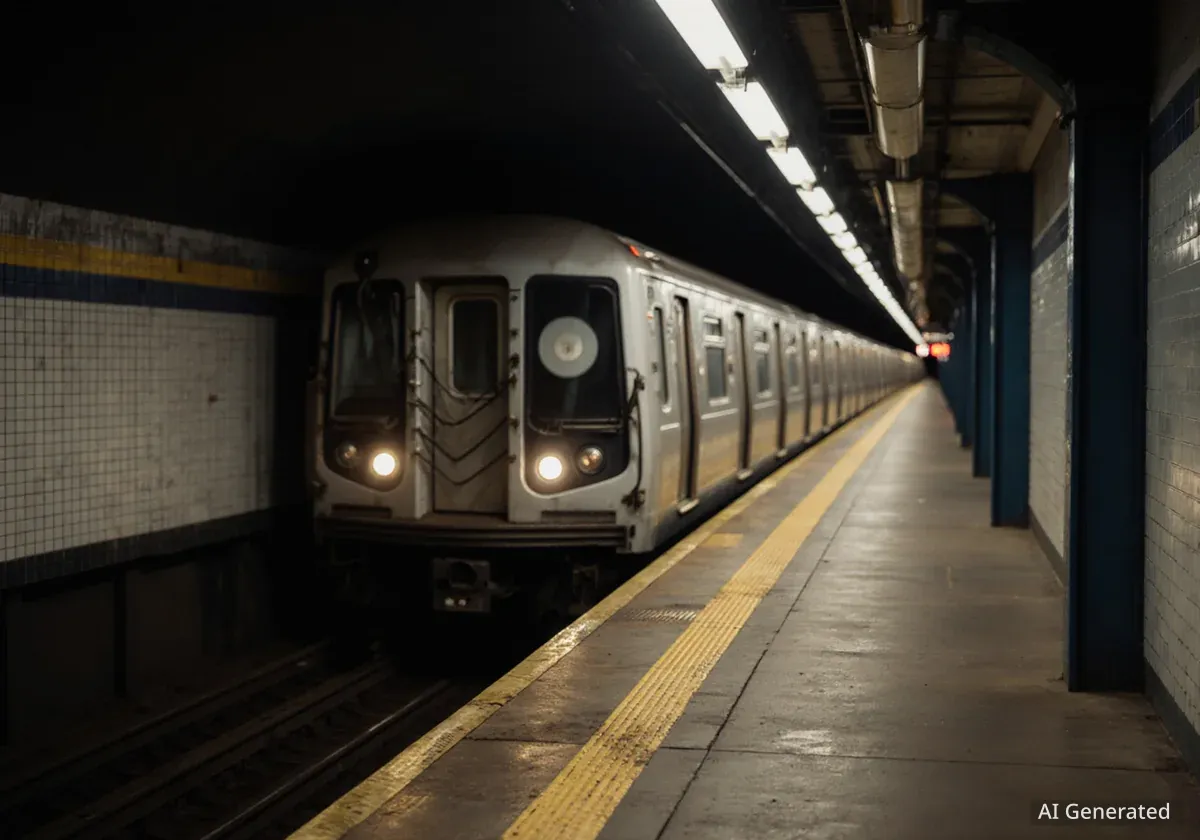Washington D.C.'s Metro system has officially retired its entire fleet of 2000 series railcars. This move marks the end of carpeted trains in the transit network, a feature that many riders associated with the system's older rolling stock. The final 2000 series cars, which began service in 1983, have been removed from operation permanently.
Key Takeaways
- All 2000 series Metro railcars are now retired.
- This retirement ends the era of carpeted trains in the Metro system.
- The 2000 series cars served for 41 years, moving 775 million people.
- New 8000 series railcars are expected to begin testing in 2027.
End of an Era: Carpeted Metro Trains Removed
The Washington Metropolitan Area Transit Authority (WMATA), commonly known as Metro, has completed the removal of all 2000 series railcars from its operational fleet. These cars, recognizable by their brown and orange seats and distinctive carpeted floors, are now permanently out of service. This change represents a significant shift in the passenger experience for Metro riders.
The carpeted interiors of these older trains often generated mixed reactions from the public. While some riders found them unique, many expressed concerns about cleanliness and hygiene. The carpet material was known to trap dirt and odors, which could lead to an unpleasant environment inside the cars.
"Things fall on it, stay on it, whatever," said Metro rider Brasile, reflecting on the carpeted cars. "Who knows when they'll get a chance to clean it."
Passenger Feedback on Carpeted Interiors
Many commuters highlighted the practical issues associated with carpeted train floors. The fabric material could retain spills, dust, and other debris, making it challenging to maintain a consistently clean environment. This often resulted in a musty smell, particularly during peak travel times or after inclement weather.
Fact: 2000 Series Railcars
- First Service: 1983
- Years in Operation: 41 years
- Passengers Carried: Approximately 775 million
- Miles Traveled: Over 200 million miles
Another rider, Charlie, commented, "Yeah, you don't want that," when asked about the lingering odors. The retirement of these cars is expected to address these long-standing cleanliness concerns, offering a more sanitary travel experience for daily commuters and visitors alike.
A Legacy of Service and Future Plans
The 2000 series railcars were a foundational part of the Metro system for over four decades. They began carrying passengers in 1983 and played a crucial role in the system's expansion and daily operations. Over their 41 years of service, these cars transported an estimated 775 million people and traveled more than 200 million miles across the Metro network.
Chief Operations Officer Leroy Jones acknowledged the significant contribution of these cars. "We moved about 775 million people on those cars over a 41-year period," Jones stated. "Those cars operated over 200 million miles." This data underlines the extensive use and reliability of the 2000 series during their operational lifespan.
Emergency Return to Service
Despite their age, the 2000 series cars were temporarily brought back into service a few years ago. This occurred during a period when the newer 7000 series trains experienced wheel issues, leading to a shortage of available railcars. The older fleet helped maintain service levels and minimize disruptions for riders during that critical time. This demonstrated their continued operational capability even late in their service life.
Context: Metro's Railcar Fleet
Metro continuously updates its fleet to improve safety, efficiency, and rider experience. The retirement of older series cars makes way for newer models with advanced features. The 7000 series currently forms a significant part of the active fleet, and the upcoming 8000 series represents the next generation of Metro trains.
The 2000 series also holds a notable place in Metro's history for another reason. They were the first railcars in the system to feature external speakers for announcements. This innovation improved communication for passengers waiting on platforms, providing timely information about approaching trains and potential delays.
Looking Ahead: The 8000 Series
With the 2000 series now retired, Metro is preparing for the introduction of its next generation of railcars: the 8000 series. These new trains are expected to begin testing on the Metro system in 2027. The 8000 series will feature modern design elements, updated technology, and improved passenger amenities. These new cars are anticipated to offer a more comfortable and efficient travel experience.
The retired 2000 series railcars will not simply disappear. Metro plans to transport them to a facility outside of Baltimore where they will be taken apart and recycled. This recycling effort aligns with modern environmental practices and ensures that components are reused where possible.
The public reaction to the retirement has been largely positive regarding the removal of the carpets. Rider Rich noted, "I think it's nice, probably more sanitary." This sentiment reflects a general desire among commuters for cleaner, more modern transit environments.
The transition from the 2000 series to newer models highlights Metro's ongoing efforts to modernize its infrastructure. This includes not only rolling stock but also considerations for station development and overall system efficiency. Recent discussions have included potential new developments near stations like Twinbrook and the possibility of an additional Metro station for a new RFK Stadium.
- Expected Testing for 8000 Series: 2027
- Disposition of 2000 Series: Dismantled and recycled near Baltimore
- Future Focus: Modernization of fleet and infrastructure
The retirement of the 2000 series marks a clear step forward for Metro, moving towards a more contemporary and hygienic transit system for its millions of riders.

